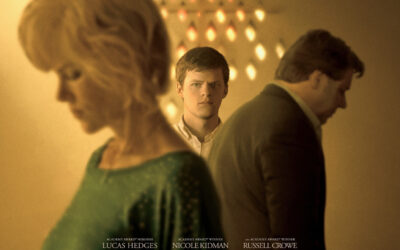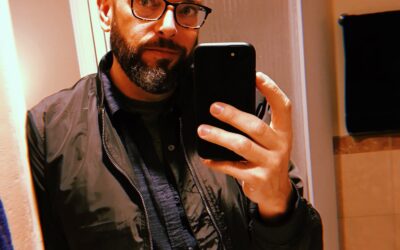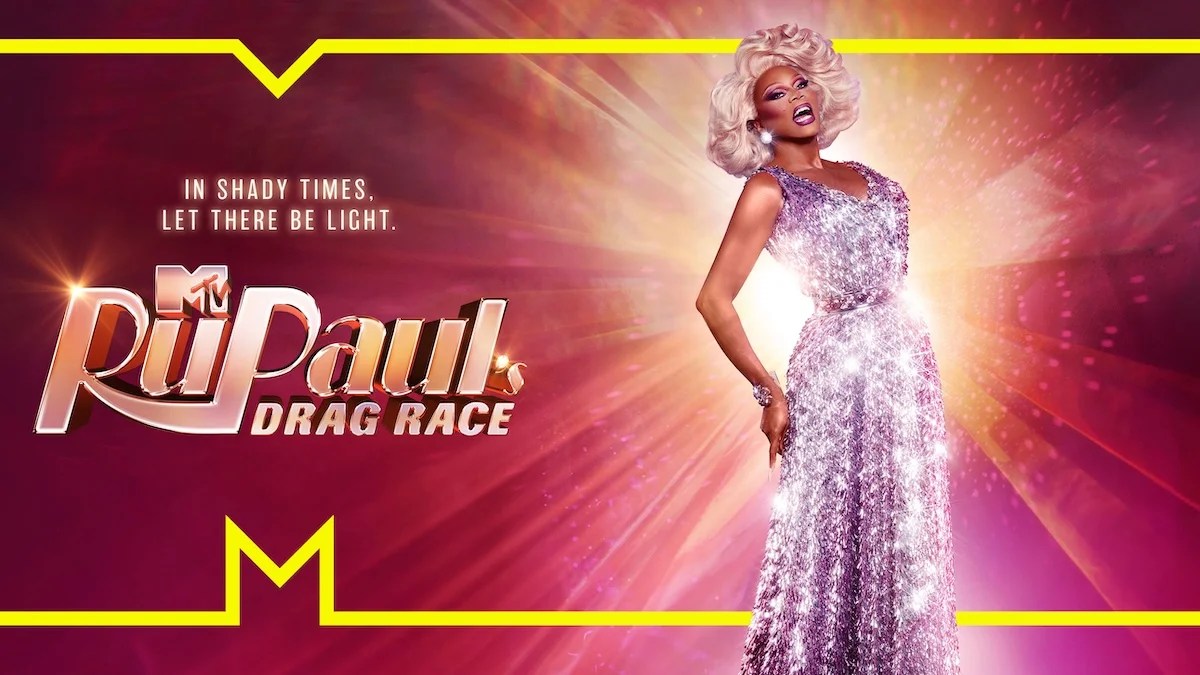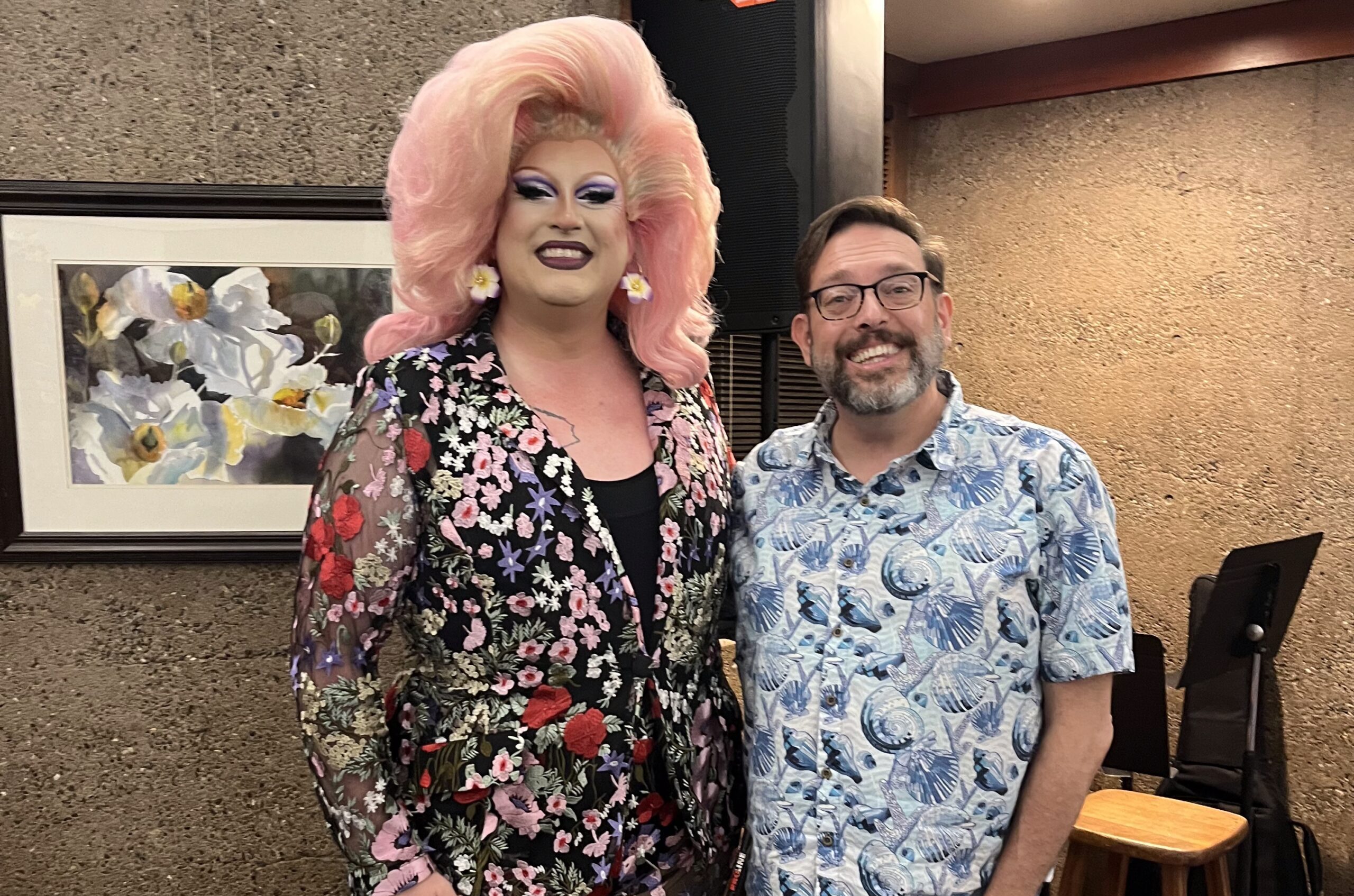I grew up listening to this song. It was basically a standard in my family and in the churches in which I grew up. And the more I learn about its writer, the more excited I get to meet her and experience her ministry this afternoon.
“For Those Tears I Died” was written 50 years ago this Sunday, June 23, a mere five days before the Stonewall riots began. As my friend CJ Barker puts it: “I’m so eager for people and congregations newer to lgbtq+ ministry and full inclusion to learn about the heritage we all have in people like her, and to experience her ministry. And this Pride month, what with the 50th anniversary of Stonewall and all, seems like a particularly auspicious time to do it!
The fact that Contemporary Christian music, and modern worship, were both more or less invented by hippie kids at Calvary Chapel in that summer of 1969, and that that happened at a bible study led by one gay teen (Lonnie Frisbee) with the worship led by another (Marsha Stevens), and that all that occurred literally just days before Stonewall… well that seems both spiritually and historically significant to me.”
According to the LGBT Religious Archives Network, “Marsha’s song ‘For Those Tears I Died’ was one of the most well-known Christian folk songs of the 1970s and was published in numerous evangelical hymnals and songbooks.
Marsha married Russ Stevens and together with Children of the Day recorded six albums and toured continually over the next few years. Marsha and Russ divorced after seven years of marriage and Marsha took the bold step of coming out as a lesbian. Marsha was immediately ostracized and routinely condemned by the contemporary Christian music subculture. The magazine Christian Century wrote in 1999 that Stevens became “conservative Christianity’s worst nightmare–a Jesus-loving, Bible-believing, God-fearing lesbian Christian.”
Thank God for Marsha and her continued testimony. In 2019, we #FaithfullyLGBT folks continue to advocate for full inclusion in the church, and we are making great headway. In some ways, in our evangelical circles, we are pioneers, but the work we do, the progress we make in our circles, is only possible because of the brave lives and work of those who went before us. We wouldn’t have Innovative Love Coalition or The Christian Closet or Q Christian Fellowship or The Reformation Project or Mission Friends 4 Inclusion without the true pioneers like Marsha Stevens-Pino.





